Troubleshooting Common AC Problems: DIY Fixes vs. When to Call a Professional
Troubleshooting Common AC Problems: DIY Fixes vs. When to Call a Professional

Is your air conditioner acting up again? From a malfunctioning unit to strange noises and leaks, AC problems can be a real headache, especially in the scorching Florida heat. In this comprehensive guide, we'll delve into the most common AC issues homeowners face, including the causes behind them.
Whether your AC won't turn on, is blowing warm air, or leaking water, we've got you covered. We'll also explore simple DIY fixes you can try before calling in the professionals. But when should you throw in the towel and seek expert help? We'll highlight the critical signs that indicate it's time to call a professional for AC repairs. So, if you're ready to tackle those pesky AC problems and keep your cool, read on to discover the best solutions for your cooling needs.
Common AC Problems and Their Causes
When it comes to air conditioning systems, various issues can arise, leading to discomfort and inefficiency. Understanding the common AC problems and their causes is crucial for timely resolution and optimal performance.
Frequent problems such as inadequate cooling, unusual noises, or airflow restrictions often stem from issues with the refrigerant levels, dirty or clogged filters, or malfunctioning thermostats. Failure to address these issues promptly can result in further damage to the system, reduced energy efficiency, and ultimately higher repair costs.
Regular maintenance, including cleaning or replacing filters, checking refrigerant levels, and ensuring proper airflow, is essential to prevent these common AC problems. It’s also important to seek professional service for thorough troubleshooting and timely resolution of any arising issues.
AC Not Turning On
One of the most frustrating AC problems is when the system fails to turn on, causing inconvenience and discomfort. Troubleshooting this issue involves a combination of DIY solutions and, in some cases, professional assistance to rectify the underlying causes.
There are several potential reasons why an AC system may not turn on, including:
- a tripped circuit breaker
- a faulty thermostat
- a malfunctioning compressor
In such cases, DIY troubleshooting tips, such as checking the circuit breaker and ensuring that the thermostat is set correctly, can often resolve the issue. If these measures do not resolve the problem, it may be necessary to seek professional assistance to diagnose and repair more complex issues, such as electrical component failure or refrigerant leaks.
Insufficient Cooling
When the air conditioning system fails to provide sufficient cooling, it can disrupt the indoor comfort levels, especially during hot and humid conditions. Addressing this issue requires a blend of DIY fixes and professional service to ensure optimal performance and efficient cooling.
Several factors can contribute to inadequate cooling in AC systems. Common issues include:
- clogged air filters
- refrigerant leaks
- faulty thermostats
- inadequate insulation
DIY fixes such as cleaning or replacing air filters, checking for visible refrigerant leaks, and ensuring proper insulation can help address these issues. For complex problems like refrigerant leaks or thermostat malfunctions, it's crucial to seek professional maintenance and service.
Regular professional inspections and tune-ups can prevent these issues and ensure the longevity of your AC system.
AC Blowing Warm Air
An air conditioning unit blowing warm air instead of cool air can signal a malfunction that requires prompt attention. Understanding common AC problems and implementing DIY repair measures can help mitigate this issue, although professional AC repair may be necessary for more complex faults.
Common reasons for warm air from an AC include:
- Refrigerant leaks
- Dirty air filters
- A malfunctioning thermostat
Basic troubleshooting such as checking for airflow obstructions and cleaning the condenser coils can be undertaken by homeowners. If the issue persists, seeking professional AC repair is advisable to avoid further damage and ensure efficient cooling performance. Neglecting AC problems can lead to higher energy bills and potential system breakdowns, making timely maintenance and repairs essential for optimal air conditioning function.
Strange Noises Coming from AC
Unusual or disruptive noises emanating from an air conditioning unit can indicate underlying problems that require troubleshooting and resolution. Identifying common issues and implementing common fixes is essential in addressing these strange AC noises, contributing to a quieter and more efficient system.
By proactively troubleshooting the source of these noises, homeowners can prevent potential costly repairs and ensure their AC unit operates optimally. Common culprits for strange AC noises include:
- loose parts
- worn-out components
- debris accumulation in the unit
Proper maintenance and simple DIY fixes like tightening screws, cleaning the unit, or replacing worn-out parts can significantly improve the unit's performance. Emphasizing the importance of addressing these issues promptly fosters a conducive environment for home improvement and boosts overall comfort within the living space.
Water Leaking from AC
Water leakage from an air conditioning unit can be indicative of maintenance issues or underlying faults that warrant professional repair and troubleshooting. Understanding the dynamics of AC maintenance and the need for timely interventions can help resolve the water leakage and ensure optimal system performance.
This common issue can occur due to clogged drain lines, dirty air filters, or a malfunctioning condensate pump. Neglecting regular maintenance can lead to the accumulation of debris and dirt, resulting in blockages that impede the proper drainage of condensate water. Professional repair and troubleshooting are crucial to identify and address these issues effectively, preventing water leakage and potential damage to the AC system.
Proactive measures such as regular filter replacement and drain line cleaning can significantly reduce the likelihood of water leakage, ensuring smooth functioning of the AC unit.
DIY Fixes for Common AC Problems
Implementing DIY fixes for common AC problems can empower homeowners to address minor issues and optimize the performance of their air conditioning systems. By leveraging simple troubleshooting and repair techniques, individuals can enhance the efficiency and longevity of their HVAC units.
One common issue with air conditioners is inadequate cooling, which can often be attributed to a dirty air filter. To remedy this, homeowners can easily locate the air filter near the air handler and inspect it for dirt and debris. If found dirty, the filter should be replaced with a new one, ensuring proper airflow and cooling efficiency.
Checking for and sealing any duct leaks can help to improve the overall performance of the system and maintain a comfortable indoor environment.
Check Power Source
Verifying the power source is a fundamental step in AC troubleshooting, as electrical issues can often disrupt the system's functionality. Implementing DIY solutions to check the power source can help identify and rectify potential issues, ensuring uninterrupted operation of the air conditioning unit.
One way to begin is by examining the circuit breaker or fuse box to ensure that the AC unit is receiving power. If the breaker is tripped or a fuse is blown, resetting the breaker or replacing the fuse can restore power to the unit. Another crucial step is to inspect the power cord and its connection to the outlet to guarantee that there are no loose connections or damages that could impede the flow of electricity to the AC. Testing the outlet itself with a multimeter can determine if it is delivering the correct voltage. These simple DIY checks can often resolve power-related issues and prevent unnecessary service calls.
Clean or Replace Air Filter
Regular maintenance of the air filter is essential for preserving the efficiency and longevity of an air conditioning system. Providing guidance on DIY air filter cleaning and replacement, alongside the potential need for professional service, ensures optimal indoor air quality and system performance.
DIY air filter cleaning involves inspecting the filter regularly and gently cleaning it with a soft brush or vacuum. If the filter is beyond cleaning, replacement with a new filter is recommended.
Professional service is crucial for a comprehensive inspection and cleaning of the entire AC system, including ductwork and coils, to prevent potential issues and ensure maximum efficiency.
Clear Debris from Outdoor Unit
The outdoor unit of an air conditioning system can accumulate debris over time, impeding its functionality and efficiency. Providing DIY repair guidance for clearing debris and emphasizing the importance of regular maintenance can optimize the performance and longevity of the outdoor AC unit.
Regular maintenance is crucial for ensuring that the outdoor unit operates at its best. Begin by turning off the power to the unit to ensure safety. Next, carefully remove any visible debris and leaves from the exterior of the unit. Use a soft brush or vacuum to clean the fins and coils, taking care not to bend or damage them. It's also essential to check and replace the air filter regularly to maintain proper airflow. By following these DIY maintenance steps, you can keep your outdoor AC unit running smoothly and efficiently.
Check Thermostat Settings
Proper calibration and settings of the thermostat are pivotal in maintaining the desired indoor temperatures and system efficiency. Providing DIY fixes for checking and adjusting thermostat settings enables homeowners to optimize their HVAC systems for enhanced comfort and energy efficiency.
One common DIY fix for checking thermostat calibration is to use a separate thermometer to compare the displayed temperature with the actual temperature. If they don't match, the thermostat may need recalibration. Adjusting the anticipator setting on older thermostats can help ensure that the HVAC system cycles properly, improving energy efficiency.
By performing these simple checks and adjustments, homeowners can ensure their thermostats are accurately controlling their indoor environment, leading to a more comfortable and energy-efficient living space.
Clean Condensate Drain Line
Regular maintenance of the condensate drain line is essential for preventing water accumulation and potential damage to the air conditioning system. Providing DIY guidelines for cleaning the condensate drain line enhances system performance and reduces the risk of water leakage and related issues.
By clearing any debris, algae, or mold from the drain line, homeowners can ensure that the flow of condensation remains unobstructed, preventing potential overflow and water damage. Neglecting this maintenance can lead to blockages, causing water to back up into the system and potentially impacting the efficiency of the air conditioning unit. Taking proactive steps to clean the condensate drain line can preserve the overall functionality of the system and extend its lifespan.
When to Call a Professional for AC Problems
While DIY fixes can address many common AC problems, there are instances where professional intervention is necessary for comprehensive repairs and troubleshooting. Knowing when to seek professional assistance for AC issues is crucial in ensuring the long-term performance and reliability of HVAC systems.
Professional HVAC services are essential in scenarios involving complex technical issues such as refrigerant leaks, malfunctioning compressors, or electrical component failures. Expert repair and troubleshooting by professionals ensure that underlying problems are accurately diagnosed and resolved, preventing potential safety hazards and costly repairs in the future.
Professional technicians possess the knowledge and specialized tools to address intricate issues effectively, ultimately prolonging the lifespan of the HVAC system while optimizing its efficiency.
Electrical Issues
Electrical malfunctions within an air conditioning system necessitate professional service to ensure safe and effective repairs. Recognizing the signs of electrical issues and understanding the need for expert AC troubleshooting and intervention is vital for maintaining system integrity and safety.
These electrical malfunctions can manifest in various ways, such as flickering lights when the AC is running, unusual sounds coming from the unit, or frequent tripping of circuit breakers. Attempting DIY solutions for such issues can pose serious safety hazards and may exacerbate the problem. Professional HVAC technicians possess the necessary expertise to diagnose and repair electrical malfunctions in AC systems, ensuring that the system operates efficiently while safeguarding against potential hazards.
Regular maintenance by qualified professionals is essential to prevent and address electrical problems, promoting the longevity and performance of air conditioning units.
Refrigerant Leaks
Refrigerant leaks in air conditioning systems necessitate immediate professional assistance and AC repair to prevent environmental harm and restore the system's cooling capacity. Recognizing the indicators of refrigerant leaks and the need for expert intervention is crucial for preserving the functionality and efficiency of the AC unit.
These leaks can not only result in a decline in cooling performance but also pose environmental and health hazards. Professional HVAC technicians possess the expertise to accurately diagnose and repair refrigerant leaks, ensuring the safety and efficiency of the system.
Timely intervention can prevent further damage to the AC unit and reduce energy consumption, ultimately leading to cost savings for the homeowner. It's imperative to consult a qualified professional at the first sign of a refrigerant leak to maintain a healthy and functional air conditioning system."
Compressor Failure
The failure of an air conditioning compressor demands professional repair and expertise to rectify the issue and restore the system's cooling functionality. Understanding the implications of compressor failure and the necessity of expert HVAC intervention is crucial for preserving the longevity and performance of the AC unit.
When a compressor in an AC system fails, it can lead to a significant decrease in cooling efficiency and overall system capacity. Prolonged neglect of compressor issues can result in further damage to surrounding components, leading to more extensive and costly repairs.
Professional repair technicians possess the knowledge and specialized tools to accurately diagnose compressor malfunctions and execute precise repairs, ensuring the system's optimal functioning and efficiency. Professional expertise is essential to address compressor failures, as attempting repairs without the necessary skills can exacerbate the problem and potentially pose safety hazards.
Ductwork Problems
Issues within the ductwork of an air conditioning system often require professional HVAC service for thorough inspection and repair. Recognizing the signs of ductwork problems and understanding the need for expert intervention is pivotal in maintaining optimal airflow and system efficiency.
Inadequate airflow, uneven cooling, strange noises, and increased energy consumption are common indicators of ductwork issues that can significantly impact the performance of the AC system. Professional HVAC technicians possess the expertise to conduct a comprehensive evaluation of the ductwork, identifying leaks, blockages, or improper insulation that may hinder the system's efficiency. Addressing these ductwork issues promptly is vital to ensure that the air conditioning system operates at its best and provides reliable comfort throughout the year.
Complex Repairs
Complex AC repairs, involving intricate system components and malfunctions, necessitate the expertise and precision of professional assistance to ensure comprehensive and effective resolutions. Recognizing the scope of complex repairs and the need for expert AC maintenance and intervention is vital for sustaining the long-term integrity and performance of the HVAC system.
The intricate nature of these repairs often requires a deep understanding of the system's inner workings, intricate components, and potential malfunctions. Without professional assistance, attempting to tackle complex AC repairs can lead to further damage and unnecessary expenses.
Therefore, regular AC maintenance plays a crucial role in preventing such sophisticated system malfunctions by identifying and addressing potential issues before they escalate, ultimately supporting the efficient functioning of the entire HVAC system.
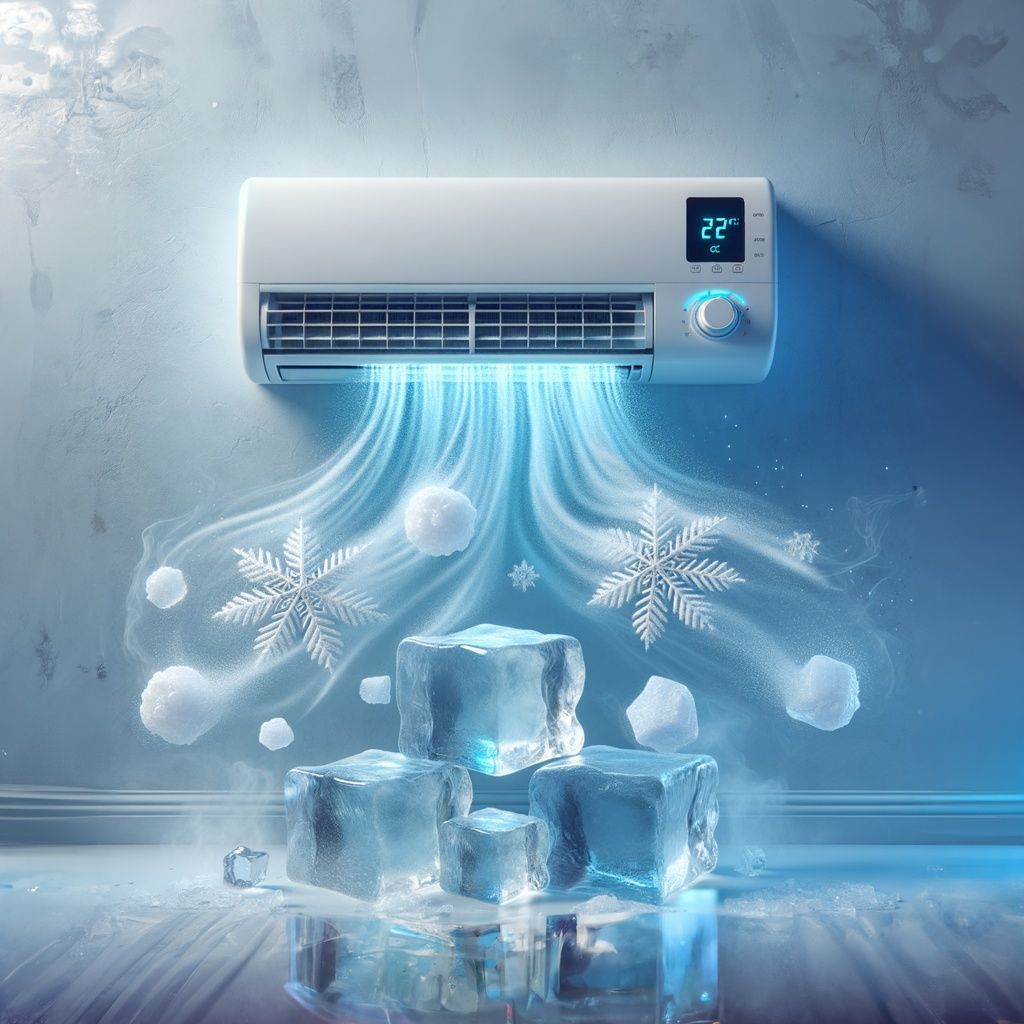
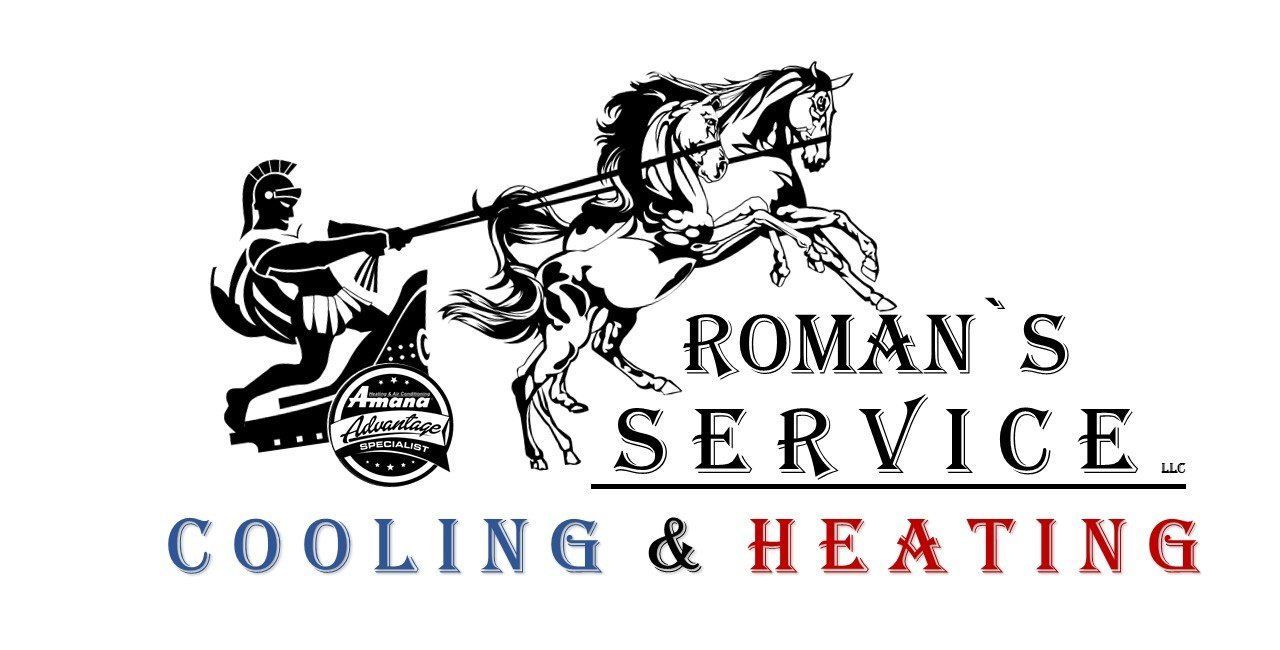
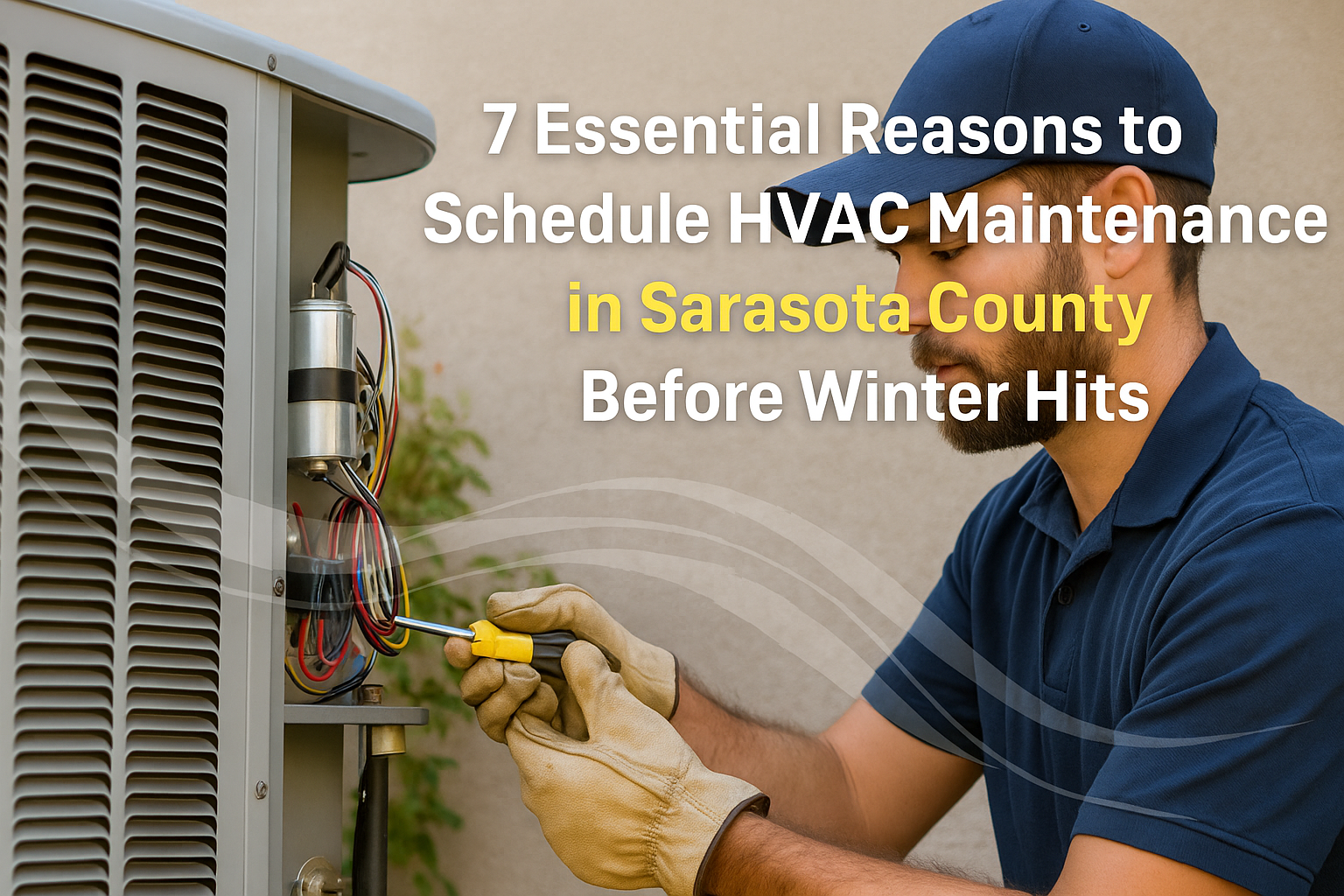

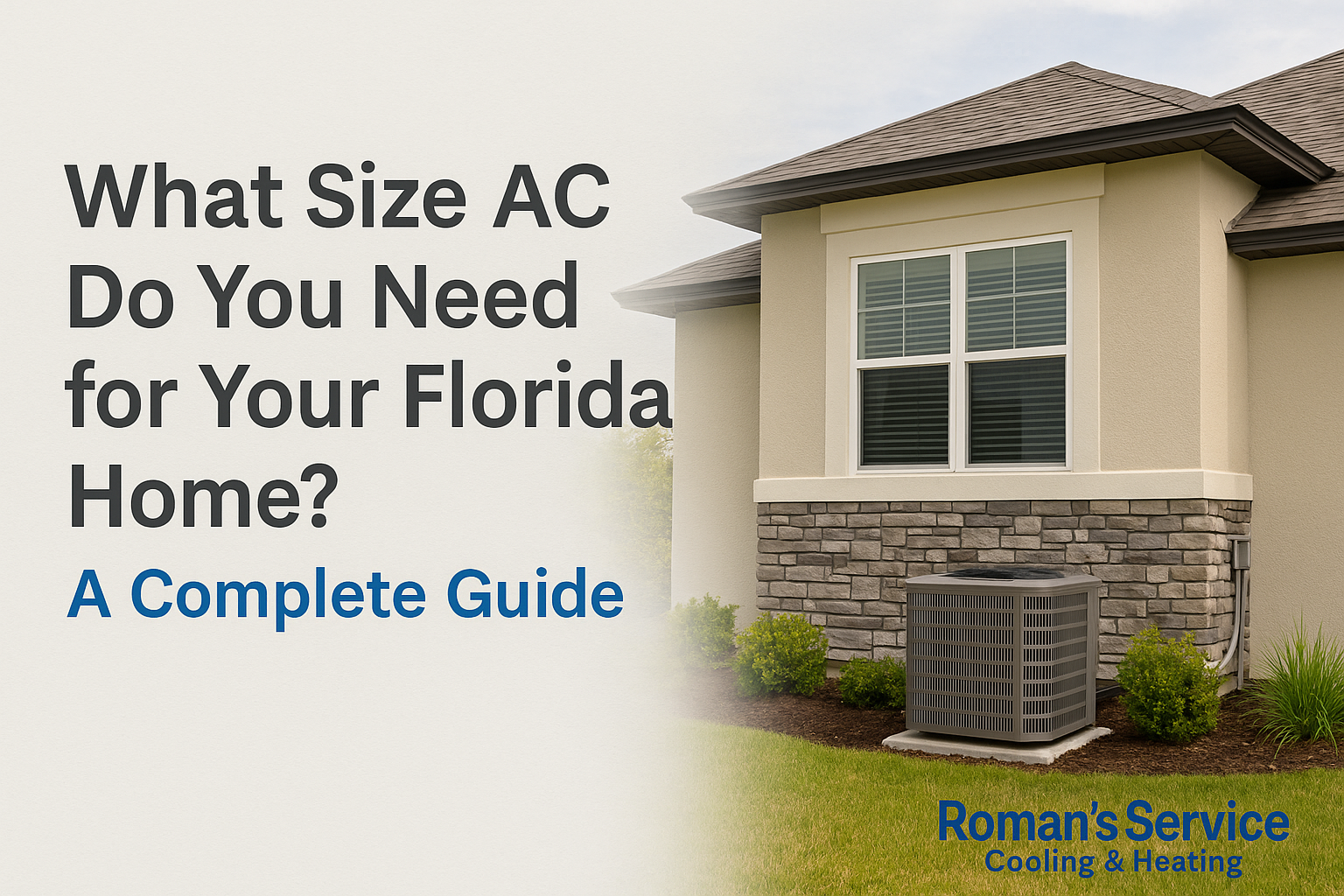
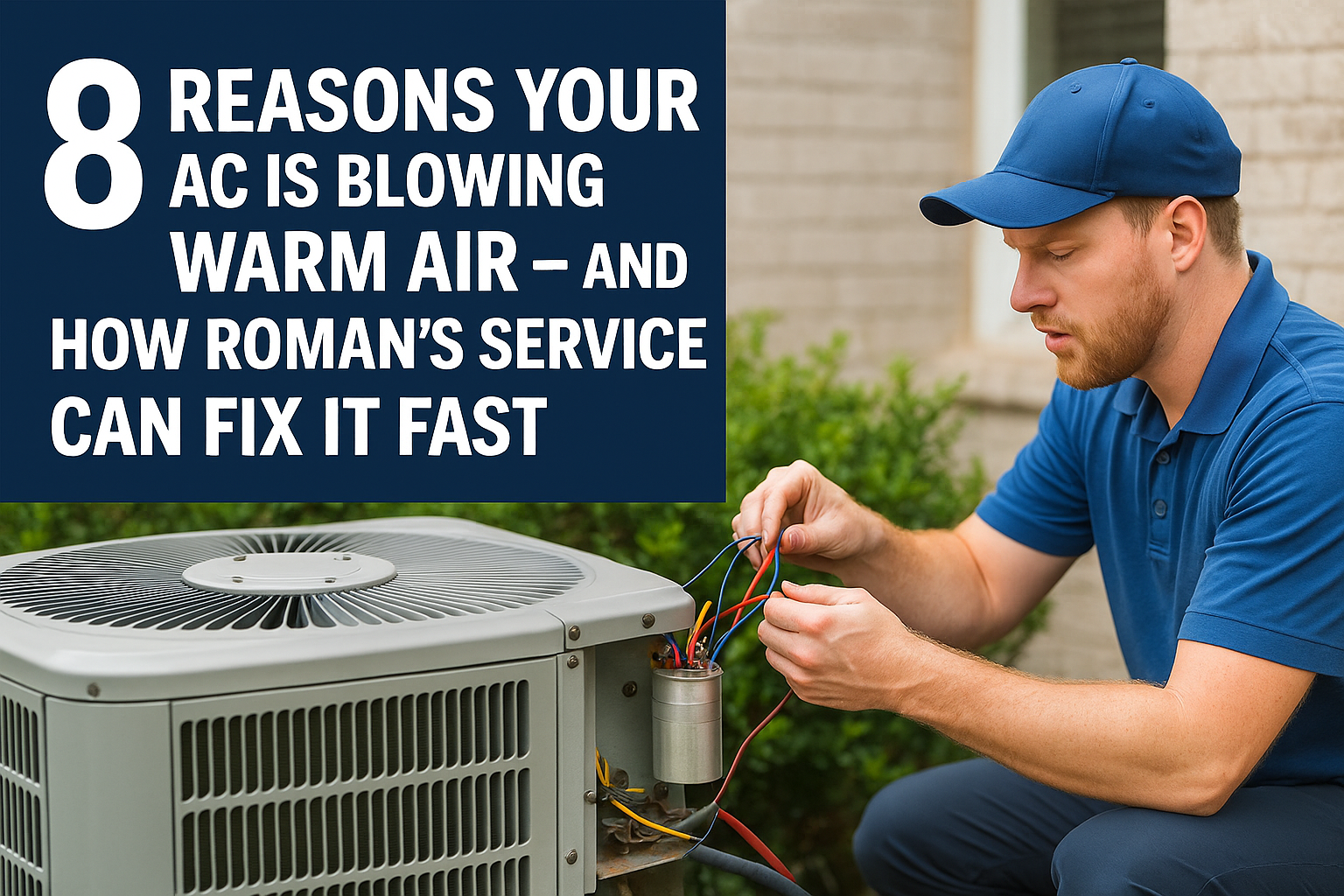
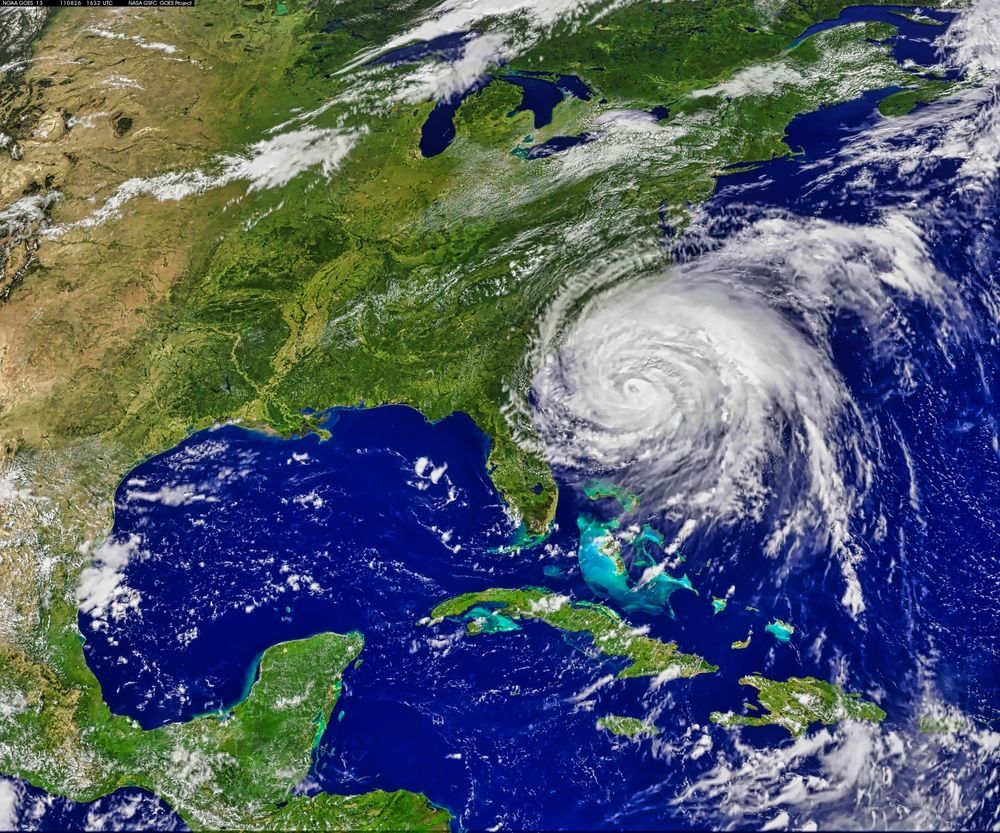
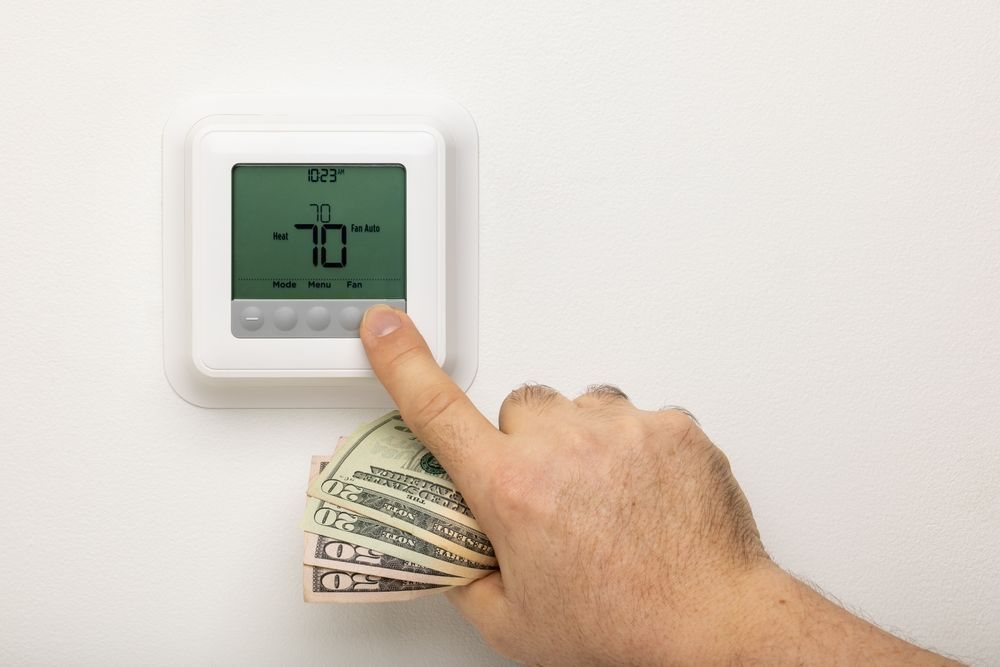
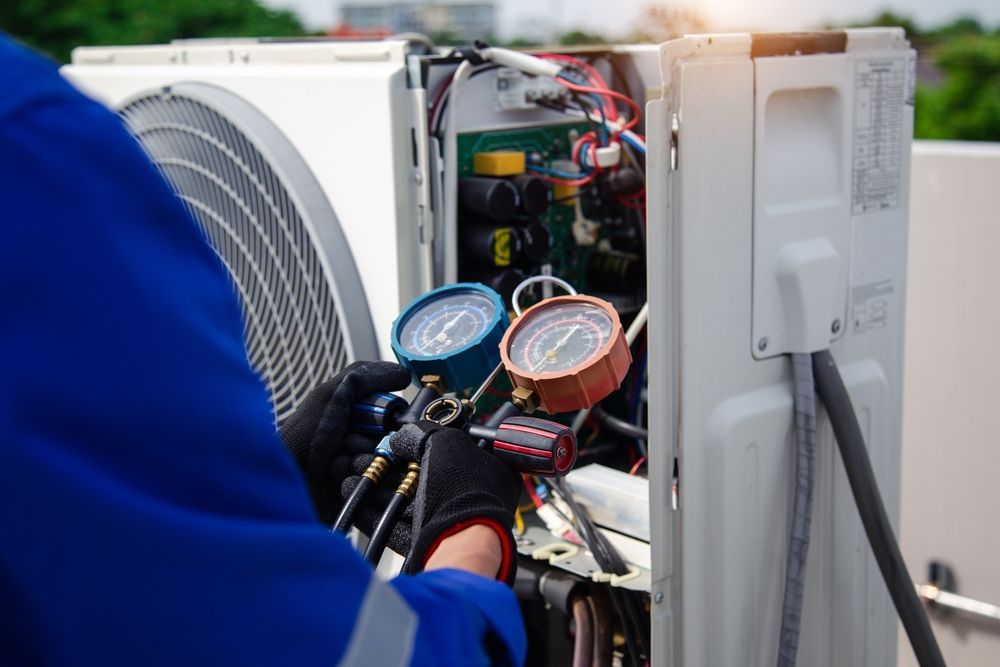
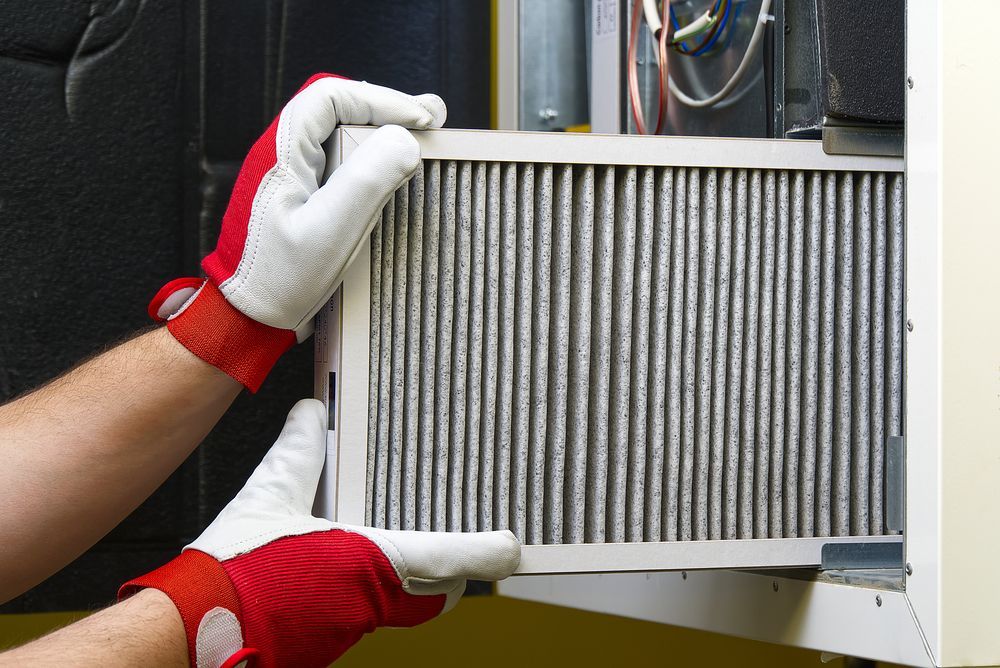
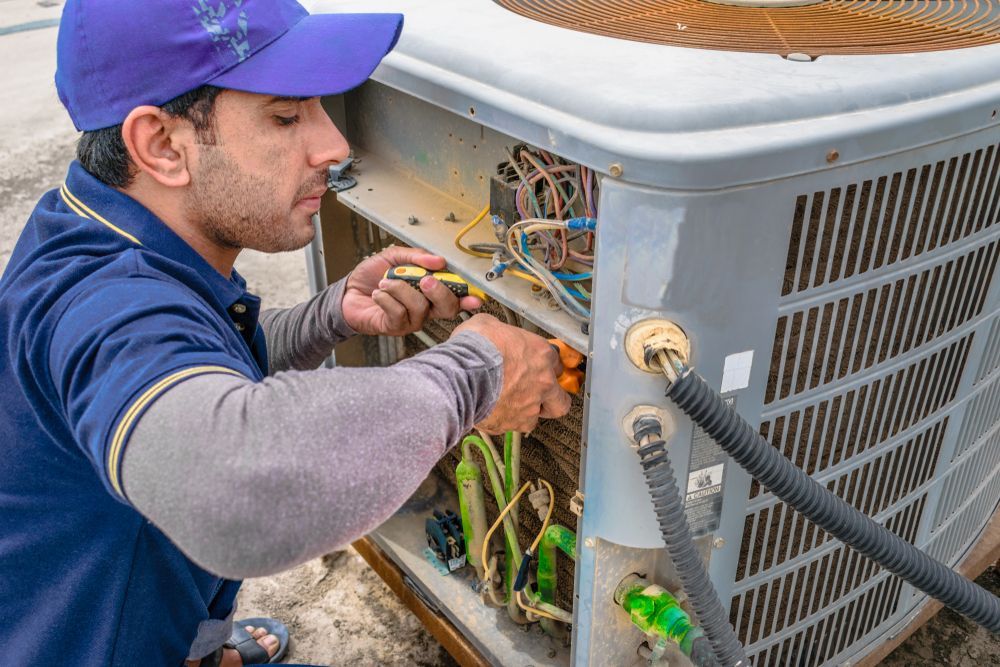
Share On: